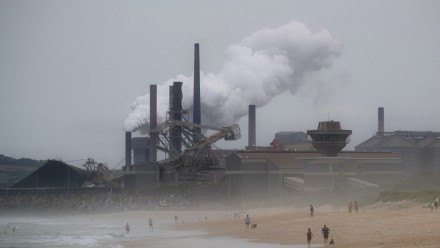As varied as the weather: How public attitudes shape climate policy
Australians are no strangers to the “climate wars”. For more than a decade, the politics of responding to global warming has felled prime ministers amid policy failures and repeals, leaving the country with a comparatively weak climate pledge. Destructive politics have overflowed into the lives of everyday people, shaping climate-charged arguments between family, friends, colleagues and neighbours. Schoolkids have marched on the streets, other (often older) Australians have complained of upstarts, the PM has dissed inner-city “wine bar” attitudes, farmers have bemoaned Canberra’s cynicism, and all the while in the darker corners, climate conspiracies have metastasised.
If these anecdotes feel familiar, it’s because they characterise the dominant climate-opinion divides in Australia. Even though a large majority of Australians are supportive of climate policy, as found by the 2021 Lowy Poll in line with other recent studies, pro-climate views are stronger with young people (compared to old), women (compared to men), progressive voters (compared to conservative voters) and those with more education (rather than less). This is the social-political complexity lurking beneath Australia’s commitment to the international community that by 2030 the country will reduce greenhouse gas emissions by 26–28% below 2005 levels. And it is the same domestic mess that explains why Prime Minister Scott Morrison talks about desiring – but not committing – to reach net-zero emissions by 2050, a rhetorical formula puzzling to international partners.
Read the full article on The Interpreter website, authored by Dr Bec Colvin











